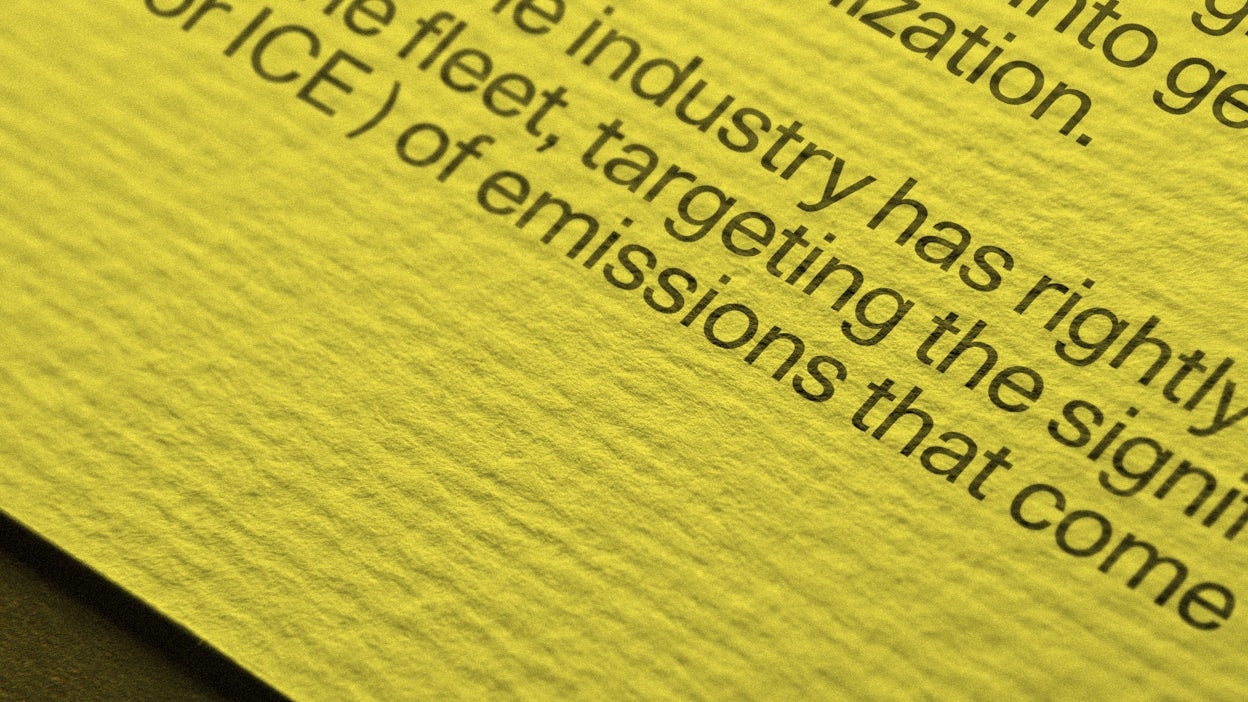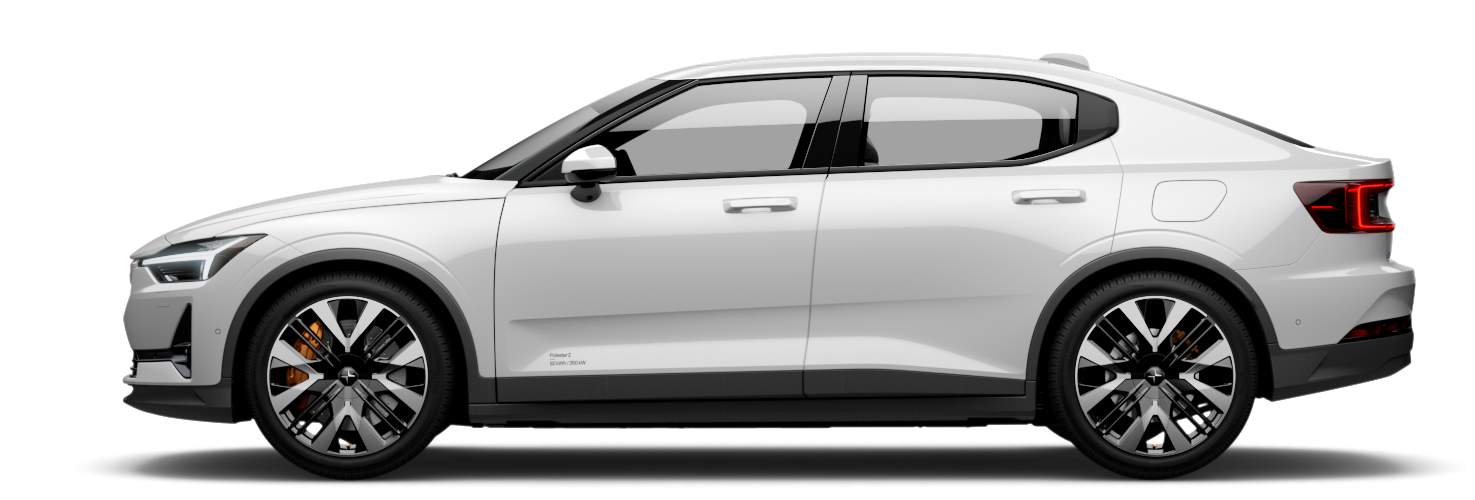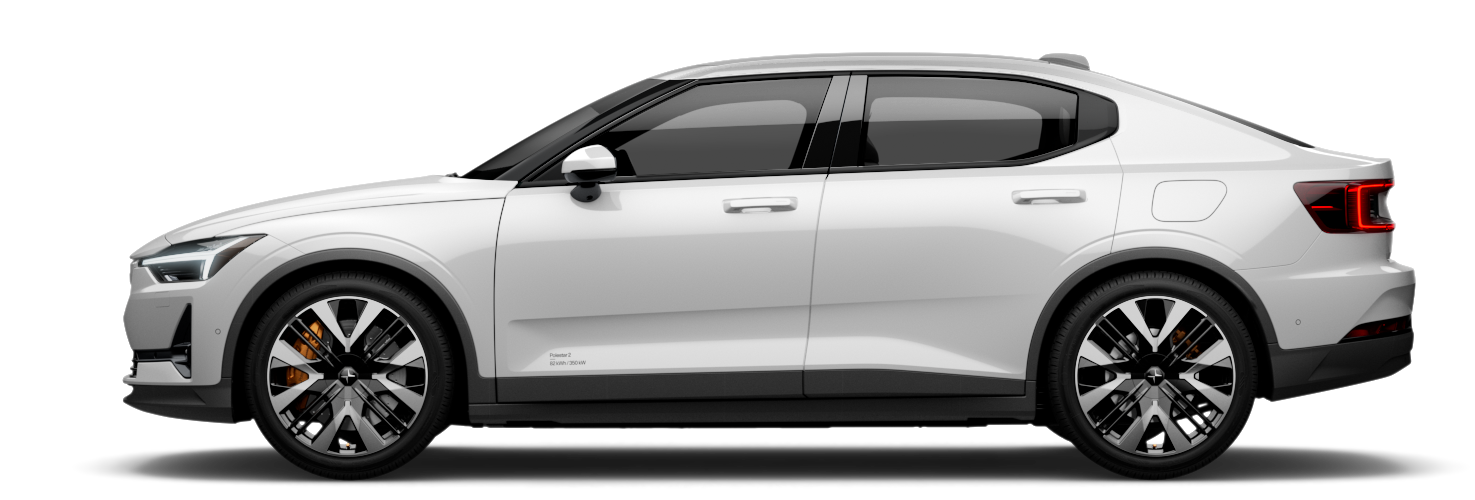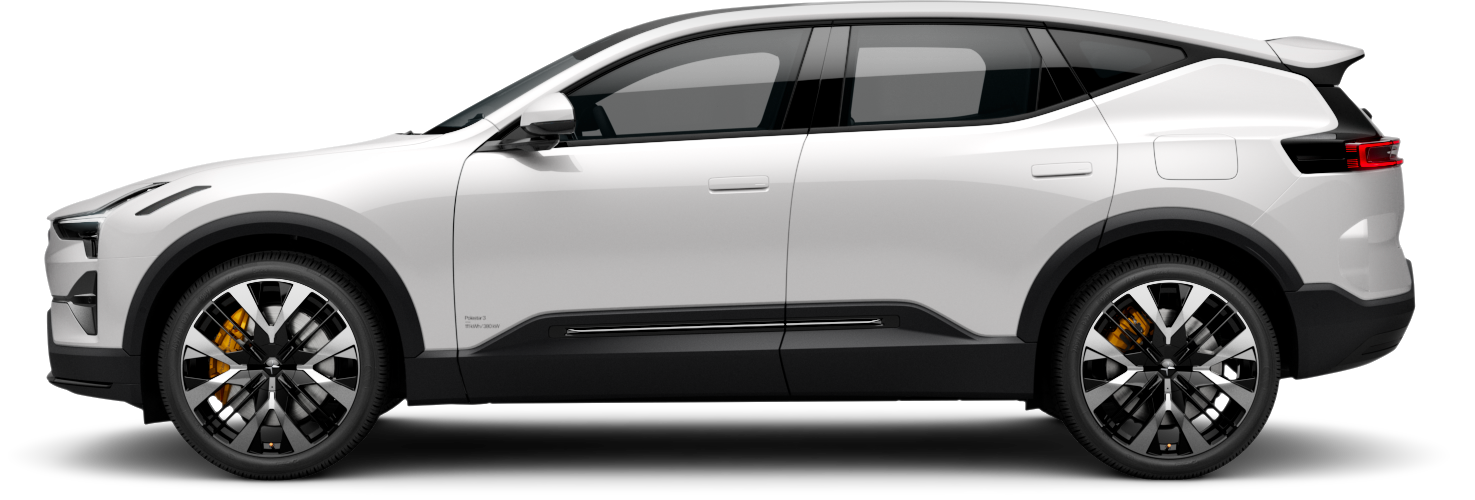Joined in climate action: the Pathway Report
The course of the car industry from today until 2030 will play a key role in staying within the 1.5-degree limit of global heating. But the path we’re on will not get us to where we need to go. To get back on track, we need clear directions. A road map, in other words. Which is why we’ve created the Pathway Report, together with Rivian and Kearney.

To remain in line with the Paris Agreement, a UN treaty on climate change aiming to limit global heating to 1.5 degrees, we need to bend the emissions curve within this decade. But on its current path, our industry is set to overshoot its part of the global carbon budget by at least 75 percent.We can still change this trajectory, however, by breaking it down, mapping it out, and changing course. And that’s what we’ve done. Joined by American electric car manufacturer Rivian and management consultant firm Kearney, we’ve developed a roadmap for automakers towards a more sustainable car industry.The report focuses on immediate actions to be taken in the current decade. Having identified three levers our industry needs to pull, and tangible, near-term climate actions under each lever, the report clearly states which can be started already today.It stresses, as its first point, the need to accelerate the transition to EVs. To replace fossil cars with electric ones, set firm end dates on the sales of fossil cars, and invest in the production of EVs instead. Secondly, it underscores that for EVs to reach their full potential, they need to be charged with renewable energy.Going electric is a good starting point on the road towards sustainable mobility. But as we globally make the shift from fossil fuel cars to green energy powered electric vehicles, focus will have to shift from tailpipe emissions to manufacturing. Thus, the third focus area is supply chain decarbonisation, which can be accelerated if companies come together to place requirements on suppliers. This is especially important for energy intensive materials and parts, like the battery, steel, and aluminium.The main take away of the report is the importance of collective action. Collaboration is the main enabler for our industry to move further, faster. After all, collective problems require collective solutions.“Car companies may be on different paths when it comes to brand, design, and business strategies, and some won’t even admit that the road to the future is electric. I believe it is, and that the climate crisis is a shared responsibility, and we must look beyond tailpipe emissions,” comments Polestar’s Head of Sustainability Fredrika Klarén. “This report makes clear the importance of acting now and together. There’s a clear cost to inaction, but there’s also a financial opportunity for innovators who find new answers to the challenges we face.”Changing course isn’t easy. It requires commitment, and at times, a push in the right direction. What the pathway report does is make it easier to get on the right path and stay on course.Read the report in full here.








